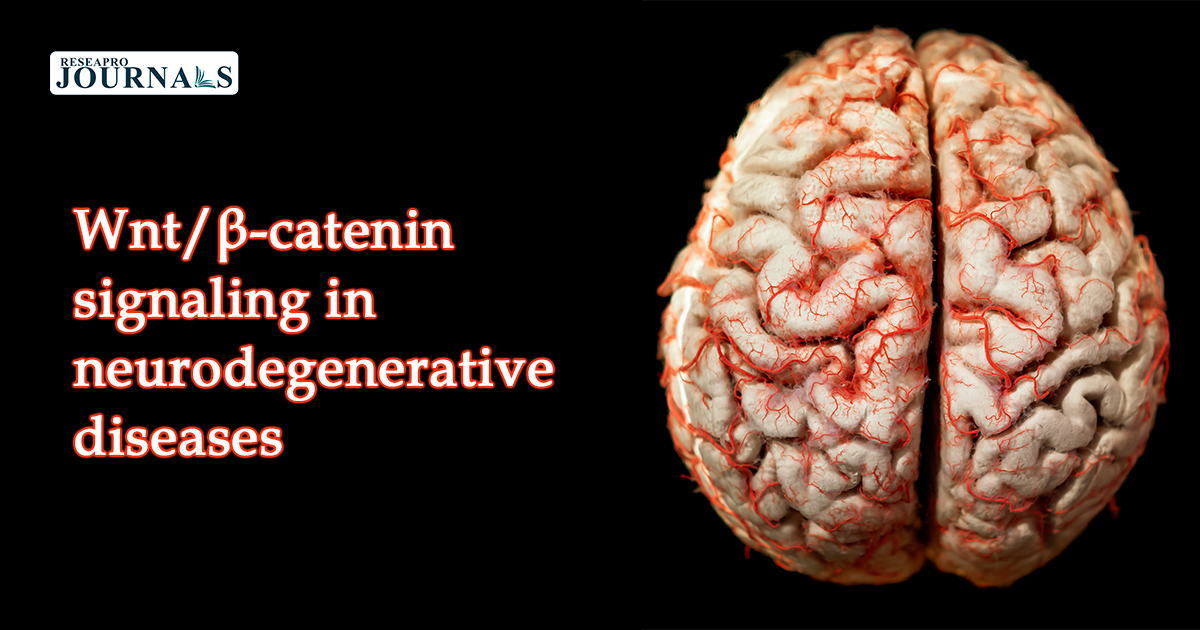Wnt signaling is a complex signaling pathway that plays a critical role in many cellular processes, including cell growth, differentiation, and survival. Wnt signaling is also involved in the development and maintenance of the nervous system. Defective Wnt signaling has been found to be associated with various neurodegenerative diseases, including Alzheimer’s disease, Parkinson’s disease, and Huntington’s disease. In these diseases, Wnt signaling is often dysregulated, leading to the loss of neurons and the progression of the disease. Researchers are investigating the possibility of restoring Wnt signaling as a therapeutic strategy for neurodegenerative diseases. However, it is important to note that Wnt signaling is a complex pathway, and overactivation of Wnt signaling can also have negative consequences.

